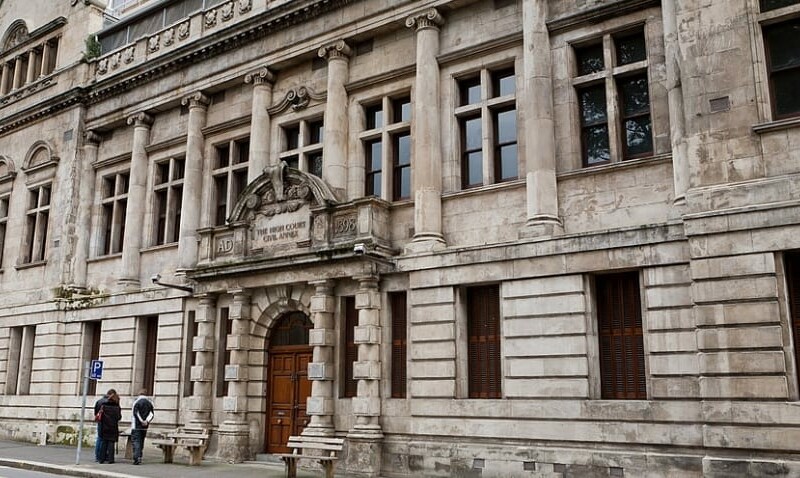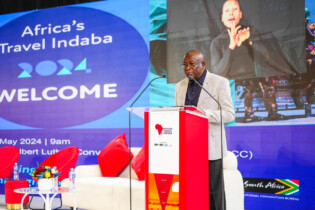On Tuesday, 17 November 2020, the Western Cape High Court ruled that short-term insurer Santam pay full Business Interruption losses without limitations for an 18-month period to the plaintiff, Ma-Afrika Hotels. Santam is also liable for Ma-Afrika Hotels’ legal fees.
This is the second case that has ruled against an insurance company for refusing to pay COVID-19 related claims. On 26 June, Momentum Metropolitan Holding’s subsidiary, Guardrisk, was found liable in a similar case brought against it by Café Chameleon. Guardrisk subsequently appealed the decision. Its case will be heard at the Supreme Court of Appeal (SCA) today (Monday, 23 November).
This is the second case that has ruled against an insurance company for refusing to pay COVID-19 related claims.
Santam has now also taken the decision to appeal this ruling against it.
Fedhasa, the Federated Hospitality Association of Southern Africa, has strongly condemned this decision. “The hospitality sector is unlikely to forget the mistreatment it has endured from the insurance industry, aside from a few exceptions, when it is precisely for this kind of event that we faithfully pay our expensive Business Interruption insurance extension premiums in the first place,” says Rosemary Anderson, Fedhasa chairperson.
“When the pandemic hit, our members believed that these policy pay outs would be the much-needed lifeline they had planned for, only to discover that their insurers walked away from their legal obligations.”
“Fedhasa urges Insurers to do the right thing and stem the devastating losses the hospitality sector will still incur as it gets back on its feet, by paying what is rightfully due.”
She highlights that although borders have reopened and hospitality and tourism are able to operate, the situation is far from “business as usual” for the sector. With UIF TERS ending on 15 October, most businesses are desperately in need of their claims being paid in order to continue operating and avoid retrenchments.
“Fedhasa urges Insurers to do the right thing and stem the devastating losses the hospitality sector will still incur as it gets back on its feet, by paying what is rightfully due,” she adds.
“We believe it is now time for the insurance sector to step up and display the ethical leadership that has been missing from their response to this crisis thus far.”
Ryan Woolley, CEO of Insurance Claims Africa (ICA), the public loss adjustment company that is representing over 700 businesses in the tourism and hospitality sector in their battle to get large insurers to pay out on these claims, noted in an earlier press release, “We believe this is a watershed test case in which the judgment will have far-reaching implications across the entire insurance industry.”
In a Business Live article, he estimated that the total claims of its clients against insurers totalled roughly R6bn to R7bn, and represented about 30% of the market.
Woolley echoes Anderson’s sentiment; “We believe it is now time for the insurance sector to step up and display the ethical leadership that has been missing from their response to this crisis thus far.”







